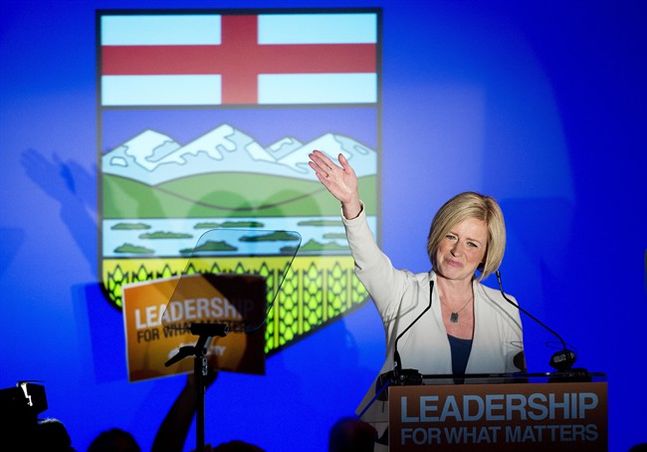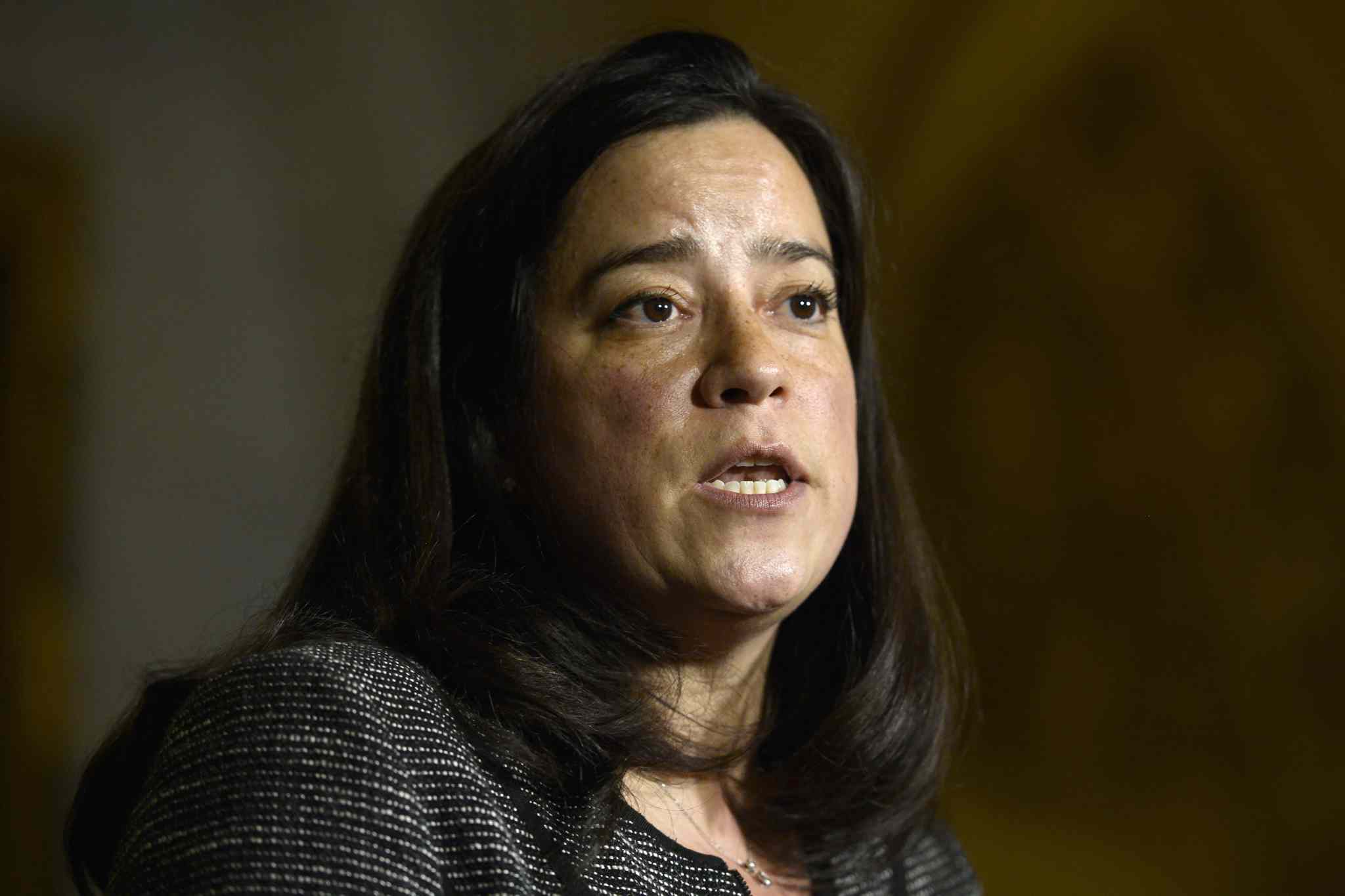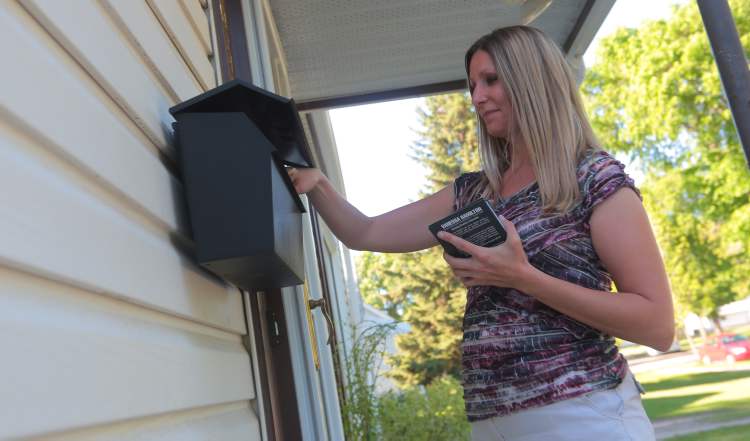Republished from the Brandon Sun print edition May 9, 2015

With a resounding and decisive victory in the heart of Canada’s oilpatch, the NDP has accomplished something no party has done since the days of Ernest Manning and his Social Credit party — knock off a Tory government in Alberta.
To put it into perspective, when Alberta’s courtship with the Progressive Conservatives began, Pierre Trudeau was prime minister, Richard Nixon was U.S. president, U.S. troops were still two years off from exiting the Vietnam War, the Montreal Canadiens were Stanley Cup champions, Apollo 15 had just returned from the moon and George Harrison’s hit, “My Sweet Lord,” was topping the charts.
For 44 years, the Progressive Conservatives’ unprecedented reign in Alberta changed the landscape of the Canadian economy and our overall perception of Canada’s West.
The NDP’s majority victory in PC country signals that the status quo may change when Albertans go to the polls to vote in the federal election in the fall.
When longtime governing parties fall, it is usually the result of a multitude of factors instead of a single issue. Alberta is no different.
The combination of an upsurge in Wildrose party support outside the major cities; the strong, almost Manitoba-esque urban-rural divide of votes; the battle against corruption in government; and the desire for change after 44 years of aging PC rule all led to the Progressive Conservatives’ demise. Albertans wanted out of Toryland and on Tuesday night their wish was granted.
Further, that change in Alberta will have an effect on Canadians as the federal parties attempt to wrap their head around an election result that until recently looked like an impossibility at best.
The party with the most to lose federally is clearly the governing Conservatives. The NDP victory in Alberta leaves many wondering how politically safe Stephen Harper and the Conservative brand is in Alberta. Without a doubt, there will be party struggles as to how best they deal with the perceived changes afoot in oil country. (As an aside, many Alberta-based MPs, Harper included, are also surely cringing at the fact that their base, for now at least, is NDP orange.)
Albertans wanted a change and were tired of the continued corruption and questions surrounding the Conservative brand, a fact that will without a doubt scare the federal party while rejuvenating the NDP to garner some strong candidate representation in Alberta.
Like the orange crush of Quebec in the last federal election, the opportunity for the Liberals and NDP in the Tory stronghold of Alberta is ripe.
For the Justin Trudeau-led Liberals, downplaying the results — aside from noting to Canadians that Albertans have proved they were looking for a change — is key. The NDP in Alberta capitalized on the Achilles heel that could ultimately hurt both the Liberals and the Tom Mulcair-led NDP — a split of votes along ideological lines.
Combined, the Progressive Conservatives and Wildrose garnered more than half the vote in Tuesday’s election. They were just unable to capture enough seats out of that support. The same could be said for the federal NDP and Liberals splitting the centre-left spectrum of the vote. One needs look no further than the pre-merger Reform and Progressive brands to see vote-splitting can be very detrimental.
As for Mulcair, he resembled the proverbial kid in the candy shop after the big win in Alberta. Mulcair has already tapped into Premier-designate Rachel Notley and the Alberta NDP’s newfound fame, allowing cameras into caucus meetings on Parliament Hill to show musical celebrations for their provincial counterparts.
Notley was just as quick to thank the federal leader for the support, but noted her main focus was to work hard for Alberta’s interests on the national stage, somewhat distancing herself from a complete tie to the federal brand as ideologically there are still some differences.
Ultimately, when Canadians conduct a post-mortem of the Alberta election, a few things will stand out.
First, former premier Jim Prentice fell victim to the hubris of a leader whose party seemed somewhat untouchable after a long reign at the top. He lost a connection with voters in an effort to push forward a mandate that Albertans had tired of. And the corruption of their leadership, as well as the arrogance of the membership, was his and his party’s ultimate demise.
If other leaders were not paying attention, they are now. Canadians are looking for change and any leader who fails to listen and truly connect may very well fall victim to that same fate.





Social Profiles